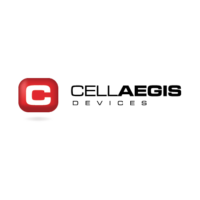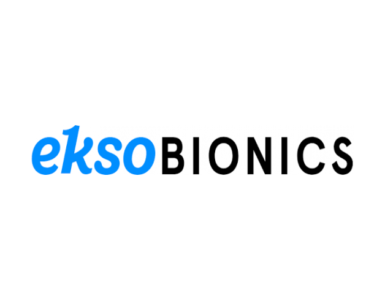
Closely-held CellAegis Devices has enrolled the first patients in a U.S. pivotal trial of its autoRIC device, which automatically delivers remote ischemic conditioning (RIC) to provide a non-invasive, cardio-protective therapy to reduce heart damage during heart attacks and certain cardiovascular procedures.
The 500-patient SHIELD clinical trial is designed to evaluate the safety and effectiveness of the autoRIC device to attenuate myocardial injury as measured by the biomarker, cardiac Troponin 1, in patients undergoing elective percutaneous coronary intervention (PCI).
Patients that are scheduled for either an elective PCI procedure or a diagnostic catheterization procedure that may be followed with stenting will be enrolled in the study across up to 15 research sites in the U.S. and Canada.
The primary efficacy outcome is a statistically significant reduction in the prevalence of ischemia-reperfusion injury to the myocardium in patients using the autoRIC device, compared with patients using a placebo device. Patients will exit the study after completion of a 30-day post-procedure follow-up.
The autoRIC device is approved by Health Canada and in Europe, where it is being used in multiple large investigator-sponsored trials to further assess effectiveness in reducing adverse events after a heart attack.
The company expects to complete the SHIELD study in the third quarter of 2018 to support a premarket submission to the FDA for commercialization of the autoRIC device.
In a statement, Rocky Ganske, CEO, said there are approximately one million elective PCI procedures performed annually in the U.S., in patients with ischemic heart disease and elevations of troponin resulting from the procedure, that have been shown to result in poorer clinical outcomes.






